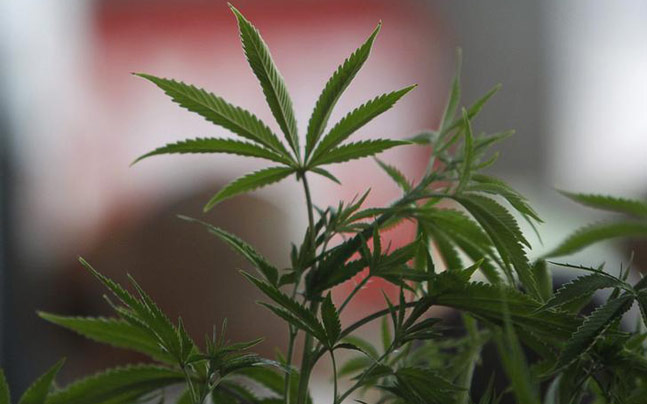Marijuana’s Medical Benefits Separated From Negative Effects
What’s more, because the necessary amounts of THC were so small, psychoactive ingredients we attribute to unwanted side effects were virtually gone.
The team at UEA theorise that if a separate path is taken to reach this receptor they could make use of marijuana’s medical benefits without causing the patient to get “high” or experiencing any of the negative effects that come with it.
In a series of experiments, scientists at the University of East Anglia in the United Kingdom and the University Pompeu Fabra in Spain found that, by blocking specific receptors and pathways, the unwanted side effects of THC can be eliminated.
McCormick and colleagues carried out behavioral studies in mice that were treated with THC to investigate how pathways in the brain work under the chemical. The findings showed that the pathway involved cannabinoid and serotonin receptors.
We don’t want to get into the decades-old argument of whether or not marijuana has negative mental effects on users, but several studies have shown THC to reduce tumour growth and act as a pain reliever.
Dr Peter McCormick, from UEA’s school of Pharmacy, said: “THC, the major active component of marijuana, has broad medical use – including for pain relief, nausea and anxiety”. When blocked, it was discovered THC still exerted several beneficial effects, including pain relief, while also avoiding the impairment of memory, which is a common side effect of cannabis use. Our previous research revealed which of these receptors are responsible for the anti-tumour effects of THC. When researchers than employed a treatment to reduce 5HT2AR, THC was still able to reduce pain as well as tumor growth.
“This new research demonstrates how some of the drug’s beneficial effects can be separated from its unwanted side effects”, University of East Anglia specialist Peter McCormick explained in a statement, as cited by Science Daily.
“Patients should not use cannabis to self-medicate, but I hope that our research will lead to a safe synthetic equivalent being available in the future”, he said.
McCormick concluded by warning patients that though their study proves promising for the future of cannabis in medical settings, patients should refrain from self-medicating. Cognitive Impairment Induced by Delta9-tetrahydrocannabinol Occurs through Heteromers between Cannabinoid CB1 and Serotonin 5-HT2A Receptors.








